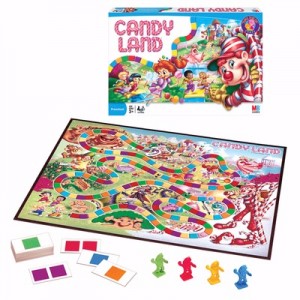 On occasion, I read a piece that speaks to me. Recently, it was a post titled The Yellow Brick Road - What Do Your Stakeholders Expect, written by Bas de Baar, an independent project consultant based in the Netherlands. Bas clearly articulated a story of his youth and aligned it with a stakeholder management strategy.
I loved this piece. If there’s one thing I think project managers and the like need help on, it’s developing stakeholder management strategies. I sometimes sit in meetings, as an observer, to see how the vendor is interacting with the client. Representing the client, I know what makes them anxious and what doesn’t. As the meeting progresses and the client feels they are not being provided enough information, they commonly become very anxious.
On occasion, I read a piece that speaks to me. Recently, it was a post titled The Yellow Brick Road - What Do Your Stakeholders Expect, written by Bas de Baar, an independent project consultant based in the Netherlands. Bas clearly articulated a story of his youth and aligned it with a stakeholder management strategy.
I loved this piece. If there’s one thing I think project managers and the like need help on, it’s developing stakeholder management strategies. I sometimes sit in meetings, as an observer, to see how the vendor is interacting with the client. Representing the client, I know what makes them anxious and what doesn’t. As the meeting progresses and the client feels they are not being provided enough information, they commonly become very anxious.
In the Yellow Brick Road piece, Bas described fond childhood memories of an annual family vacation. As part of the planning process, his father wrote detailed driving instructions on how to find their way. Based on the checkpoints his father had documented, Bas knew how much further they needed to travel to reach the next checkpoint or complete their journey.
Now imagine how much different his memories could have been, if his father hadn't provided him with those documented checkpoints? Imagine if every time Bas become anxious from the long trip, he had to ask his father how much further they had to go?
I seemingly remember, as a child, doing this every time I got into the car.
How much longer until we're there?
5 minutes
Put yourself in your stakeholders' shoes. Try to align your communications and management strategy with their current perception of the journey.
Graphic: Pictofigo


